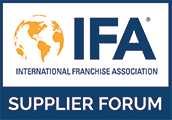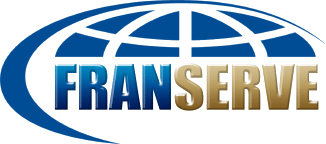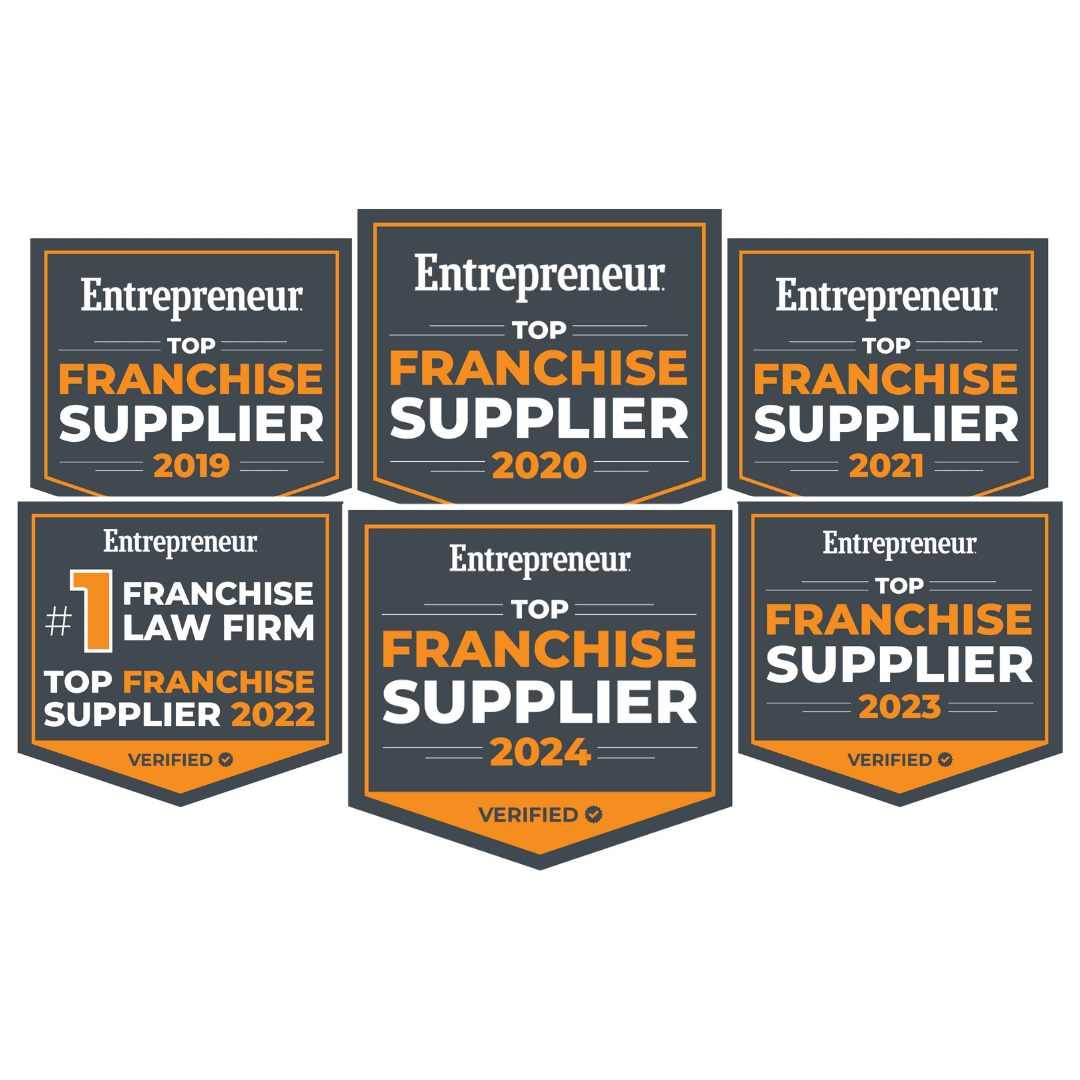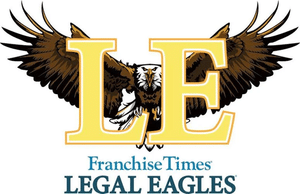by Alyssa Huglen
Published in the Franchise Times, March 2025
Victor Turcanu’s first exposure to franchising came early, as he was once a franchisee of a student painting company in college.
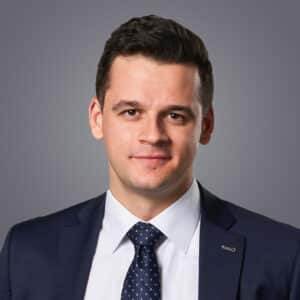
Turcanu is one of 17 attorneys making their debut as Franchise Times Legal Eagles.
Top of mind for Turcanu is how a turbulent relationship between Canada and the United States may affect franchisors. He anticipates uncertainty in the food industry, specifically for U.S.-based quick-service restaurant concepts making the move up north.
Some Canadian food industries set tighter regulations and have local supply management systems in place, making it a challenge to bring certain products across the border without significant tariffs.
“You’re going to have to figure out how you’re going to source product locally in Canada,” said Turcanu, of addressing this concern with his clients in the U.S.. “You’re not going to be moving cheese and dairy and chicken across the border.”
International expansion requires intention and strategic planning, he said, as “it’s not as simple as just copying and pasting what you’re doing in the U.S. and assuming it’s going to work in Canada.”
About half of Turcanu’s clients are non-U.S. franchisors looking to enter American markets. He said he tries to educate those clients on what it takes to franchise stateside.
“It’s a very tightly regulated market—franchise disclosure documents, state registrations, etc.—and it often catches brands by surprise,” Turcanu said. “There’s a huge element of education that goes into expansion into the U.S. that I think is often overlooked. A lot of franchisors simply just assume they can make it work in the U.S. because it’s the largest market in the world, and there’s a lot of opportunity.”
Finding the right party to successfully translate your brand to the U.S. can also be a challenge, from understanding consumer preferences and trends to knowing how to adapt supply chains.
Turcanu’s advice? “If you’re going to give away the keys to the kingdom to somebody in the United States, you better make sure that they’re the right people for the job,” he said, “and that they’re sophisticated enough to be able to handle it.”
For fellow Legal Eagles New Class member Silas Petersen, working in franchise law allows him to represent all sorts of small businesses.
“A lot of the pushback that you get politically or even in the media against franchising is maybe the similar kind of pushback that large corporations might get, and I’m not sure that’s always fair,” Petersen said. “Franchising is a really cool way for small businesses to thrive.”
Petersen’s work at Larkin Hoffman focuses on business litigation, but his career with the firm started in law school. He assisted with summaries of franchise cases as a law clerk, helping assemble an annual developments book for the American Bar Association’s Forum on Franchising.
“Writing case summaries isn’t the flashiest kind of job,” Petersen admitted, “but I turned out to enjoy it.”
Looking ahead, Petersen expects artificial intelligence to impact franchising’s future in unpredictable ways. While he notes its potential to increase efficiency, Petersen sees a concern in protecting confidential information among attorneys, franchisors and franchisees. As a result, franchise agreements are starting to include AI guidelines for franchisees to adhere to.
Adaptability is key in addressing challenges, Petersen advised franchisors.
“You have to be able to listen to advice,” he said, “change your behavior and adjust your system as need be.”
Prepare for more PE
Working for Cinnabon, Ground Round Grill & Bar, Ruby Tuesday and Red Lobster throughout high school and college paved Eleanor Vaida Gerhards’ path to franchise law.
“Franchise brands are just close to my heart, personally, and they invoke a lot of really great memories,” she said.
Gerhards has been with Fox Rothschild since graduating law school, starting as a general corporate transactional practitioner before gravitating toward a focus on franchising. She is one of 10 attorneys joining the Legal Eagles Hall of Fame this year.
“One day, I’m helping a really beloved, internationally known Korean barbecue restaurant concept expanding in the U.S., and then the next day I’m handling the acquisition and integration of two auto industry franchise systems,” she said. “I like the variety, and I like also focusing in a really challenging and specialized area of law.”
This element of the industry means accepting its ever-changing nature. Advice is always shifting as a result, Gerhards said.
“What might be great advice in 2024 may not even be great advice in 2025,” she said. “You should always consider your franchise lawyers as trusted advisers that you go to regularly to refresh and to make sure you’re on the cutting edge of what’s best practice.”
Gerhards expects a continued push for responsible franchising; communication will be important with the focus on third-party sales agents and broker regulations over the following years. She anticipates more states to follow suit in enacting their own broker regulations and laws.
“You see these broker misconducts, misrepresentations and fraud allegations that are making a lot of headlines and spurring a lot of lawsuits,” Gerhards said of franchise systems using unregistered brokers. “I expect the regulatory outlook to shift toward greater broker oversight in 2025 and in coming years.”
Fellow Hall of Famer Abhishek Dubé, meanwhile, didn’t expect to work in franchising.
“Franchise law kind of found me,” Dubé said. “I didn’t really go seeking it out during law school.”
Dubé practiced traditional, corporate M&A work in his first job until a recruiter approached him with an opportunity to practice international franchise law. He said he’s been in love with it ever since, working for Baker McKenzie with 12 years of experience in franchise law.
“It’s so varied, and it’s so different on a daily basis,” he said. “I could be working with brands in a variety of industries, whether it’s hotels, car rentals, indoor trampoline parks, kids’ education, anything.”
Dubé expects an increased focus on AI as franchisors seek out automation in document drafting, compliance monitoring, assessing franchisee performance analytics and identifying inefficiencies. Franchisees can also benefit from utilizing AI to analyze demographics and market data for site selection, enhance training programs and optimize operations, he said.
He also predicts an uptick in M&A activity under this new administration, with a “lot more appetite” for completing large-scale transactions.
The market and private equity firms will play integral roles in dictating how much activity happens. Dubé expects an interest to lean toward multi-unit franchisees.
“It’s a little bit of a shift from what it’s traditionally been,” he added, “but I think that’s another investment vehicle that PE is seeing as a great opportunity to grow the bottom line, just given how predictable a model franchising is.”
When it comes to what firms are looking for in franchisors, Dubé stressed the importance of sharing brand values and objectives. Franchisors should also “keep their house tidy” by maintaining healthy practices, monitoring and documenting franchisee compliance, checking in with franchisee associations and complying with federal and state requirements.
“They want to make sure that it’s all cleaned up before they invest in anything or buy anything,” he said of PE firms. “I think that overall compliance piece continues to be incredibly important … because they don’t really want to come in and clean up too much.”
